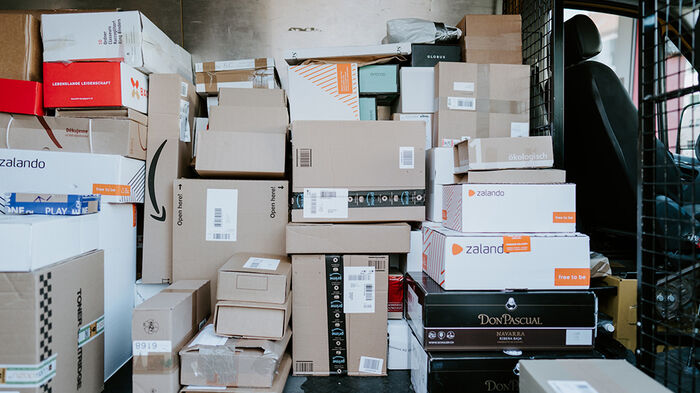I am a political economist, and my focus is on the institutions of global governance; not only the UN, World Bank and so on, but rather the rules of the game - institutions in a wider sense.
The rules are controlled mainly by rich countries, and by private interests - most notably transnational corporations. The North to a very large extent controls the way the international system works, especially the rules of international trade and finance, which are largely to the disadvantage of poor people in poor countries. Making the rules, implementing the rules, interpreting the rules, adjudicating the rules – all of these are political processes controlled by the North.
That tells us something about inequality, but not necessarily so much about poverty, because it can be argued with some justification that international trade and finance also encourage economic growth. But then the question arises how this economic growth is distributed? And the evidence of recent years shows that inequality is increasing both between countries and within countries.
If we talk specifically about extreme poverty the challenge is even greater, and there one has to recognize that however fair and just the rules of the game may be, there will always be many people who will not be able to take advantage of the opportunities that gives, so in any event you will need some kind of welfare system. We have that here in Scandinavia but regrettably not in many other countries, even not in some countries in the North. So in order to combat extreme poverty you need an effective social welfare system.
Feasible mid and long term actions to eradicate poverty
The logic that follows then is to create a more level playing field. And in order to do that, you need to control, or seek to control, those who exercise power, especially in the rich countries; most notably the US, but also rich corporations that exercise considerable power over the system.
What countries in the South should do – faced by such powerful forces - is less clear. I believe that the answer is, at least in part, that they should promote international organisations and seek to ensure that they are democratically run, with high quality staff. At the moment we are witness to a rapid decline in the UN. New global initiatives, supported by big private foundations, are becoming more powerful than, for example, the WHO. And mega trade and investment treaties like the TPP are becoming more powerful than WTO. Countries of the South should unite to strengthen multilateralism.
Within this framework, how effective could the SDGs or the Social Protection Floor be in the eradication and prevention of poverty? Why?
Well the good news about the SDGs in comparison with the MDGs are two: The first is that they put the issue of governance on the agenda, whereas it was pretty much absent in the MDGs. It is dealt with in a rather cautious and in a sometimes ambiguous way, but at least the issue is there. And secondly the SDGs are framed in terms of a shared responsibility, and that means not just shared in a sort of old fashioned sense, that we in the North have responsibility to give some aid and transfer some technology, but rather a broader sense, that we also have responsibility for the way the international system works. So if you put these two together, I think you have the possibility of using the SDGs as a political instrument to correct some of these imbalances which I have been emphasizing: to counteract the power that large countries and large corporations exercise over the rules of the international game.





